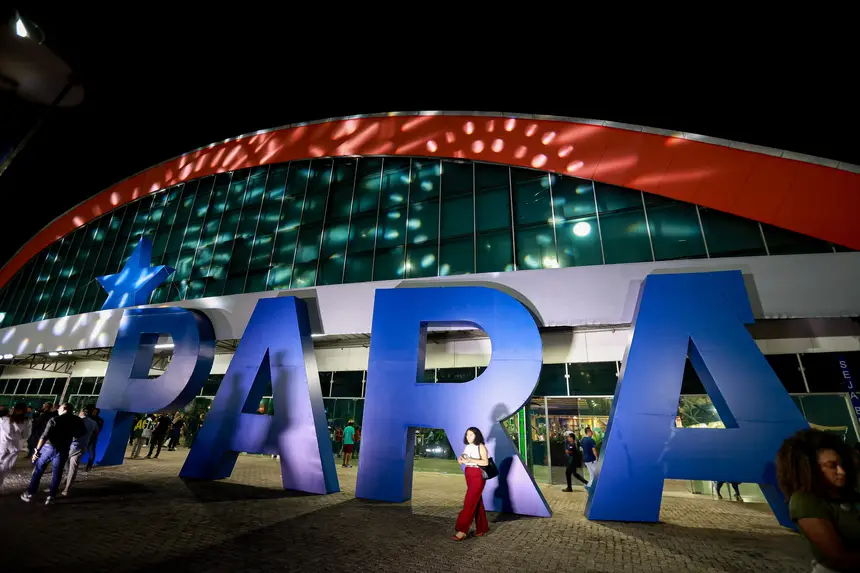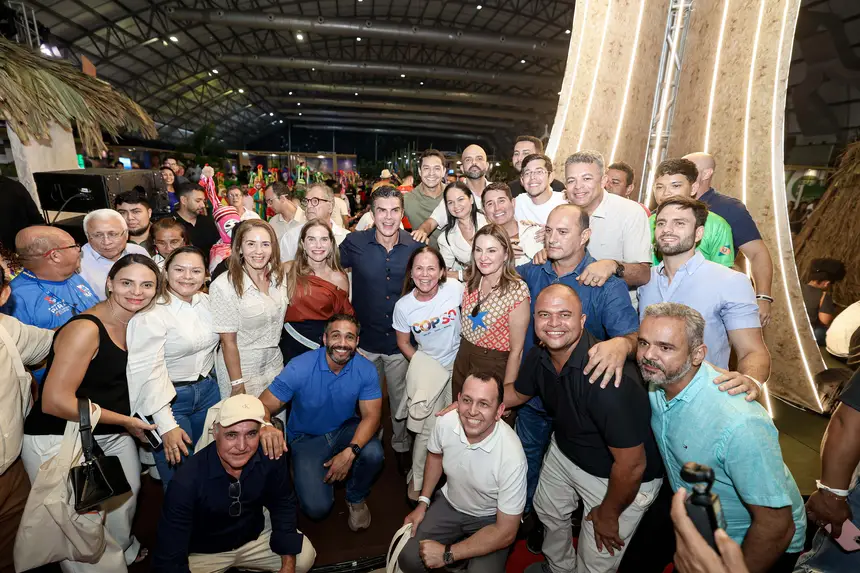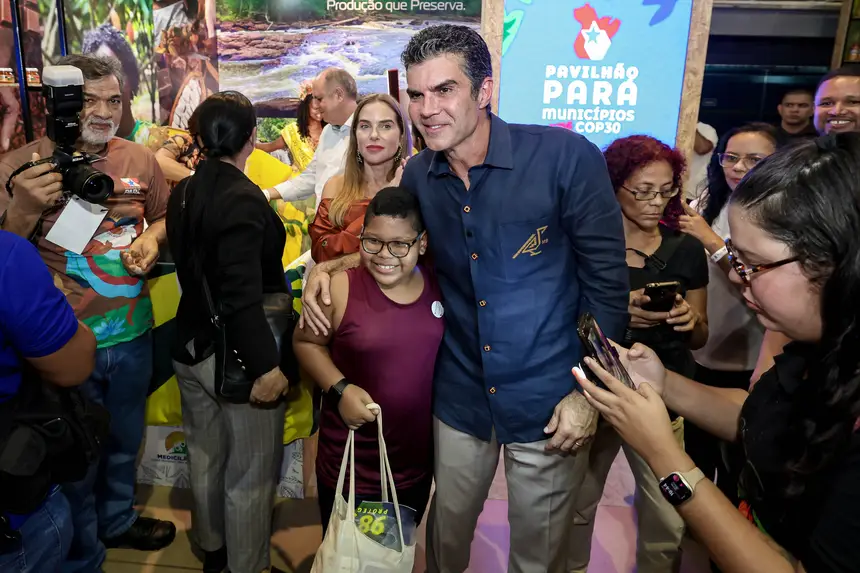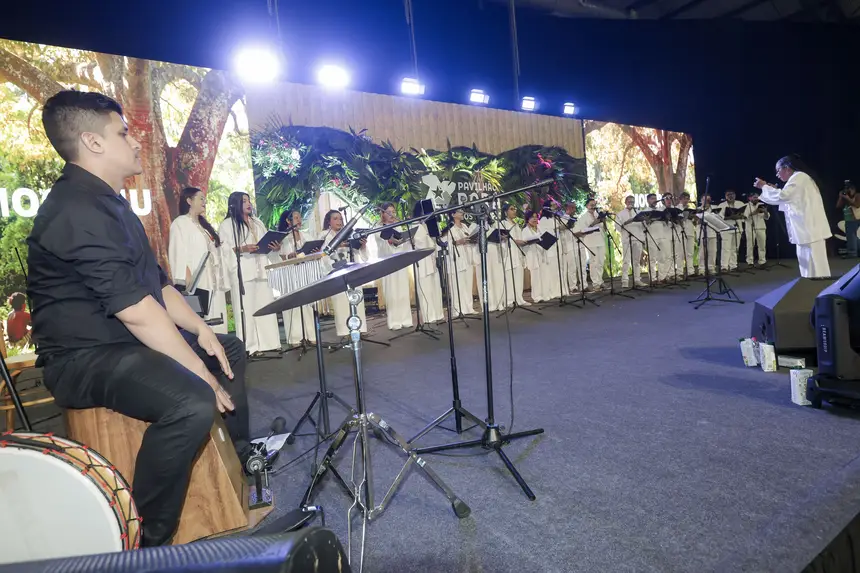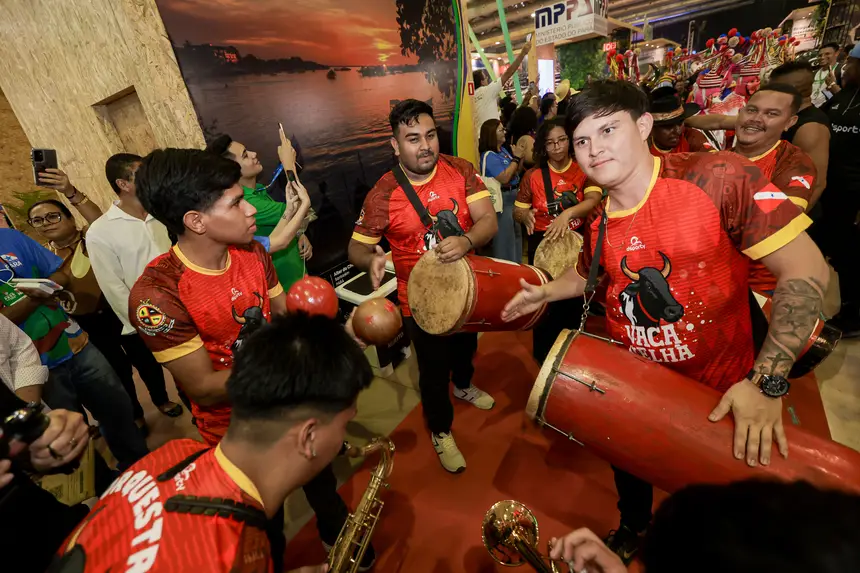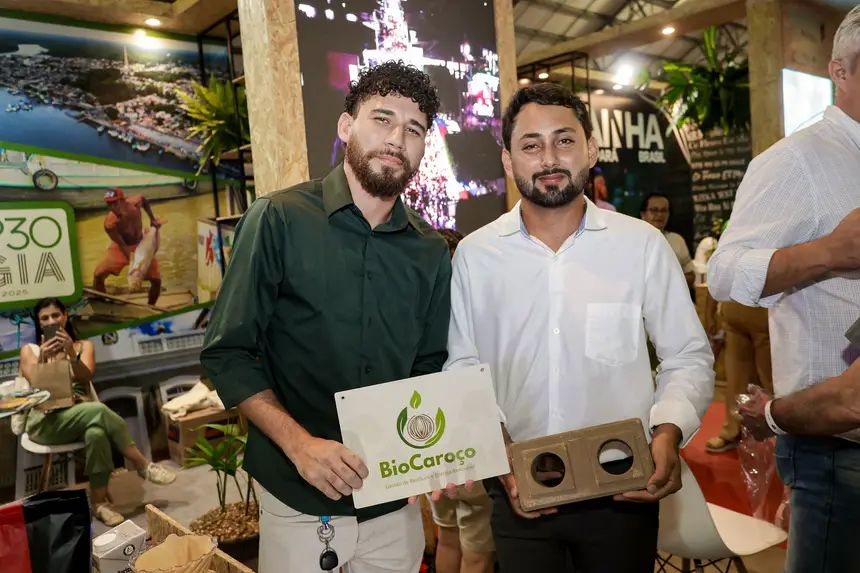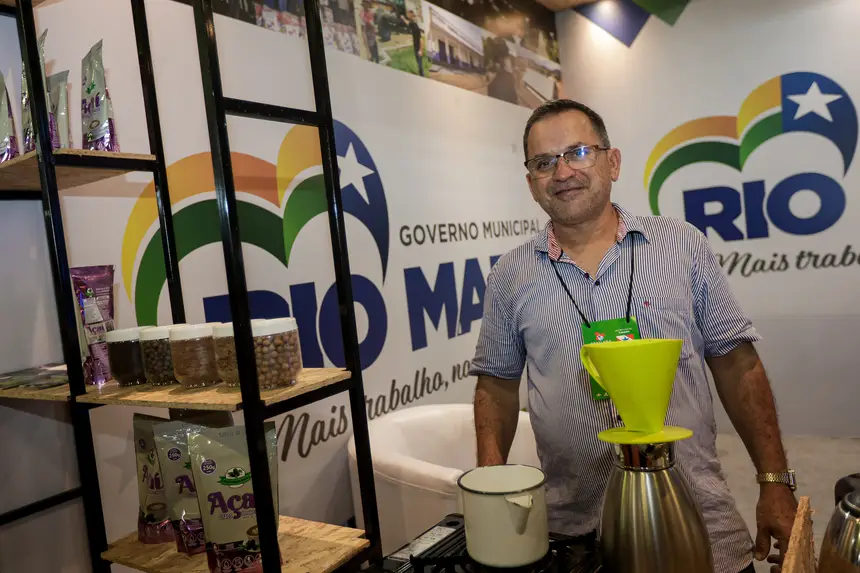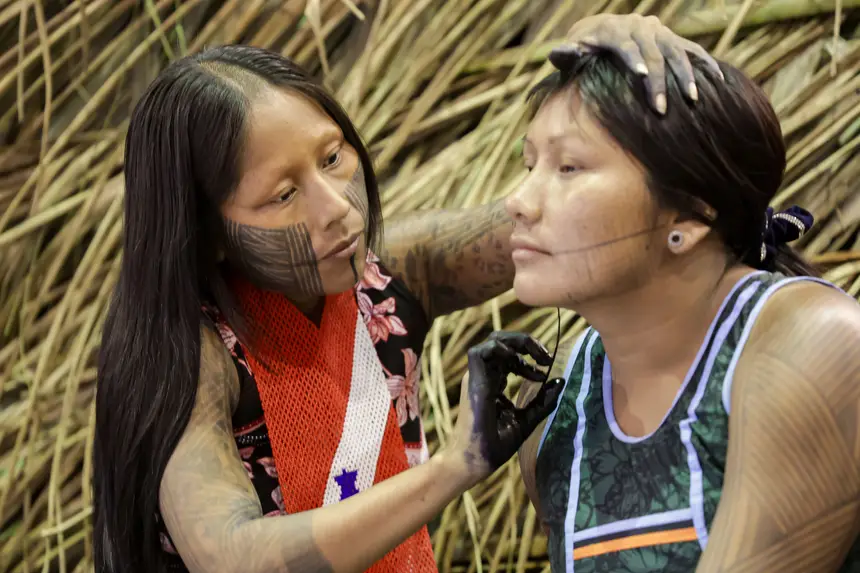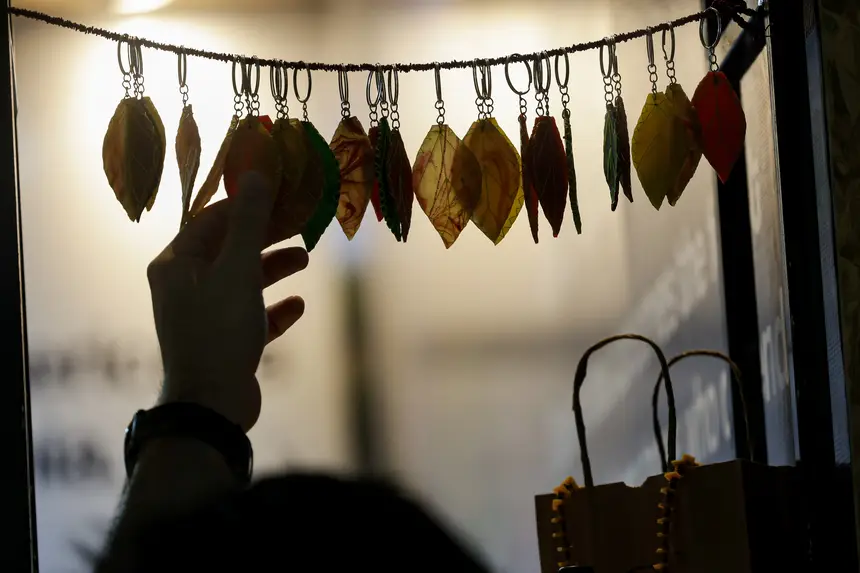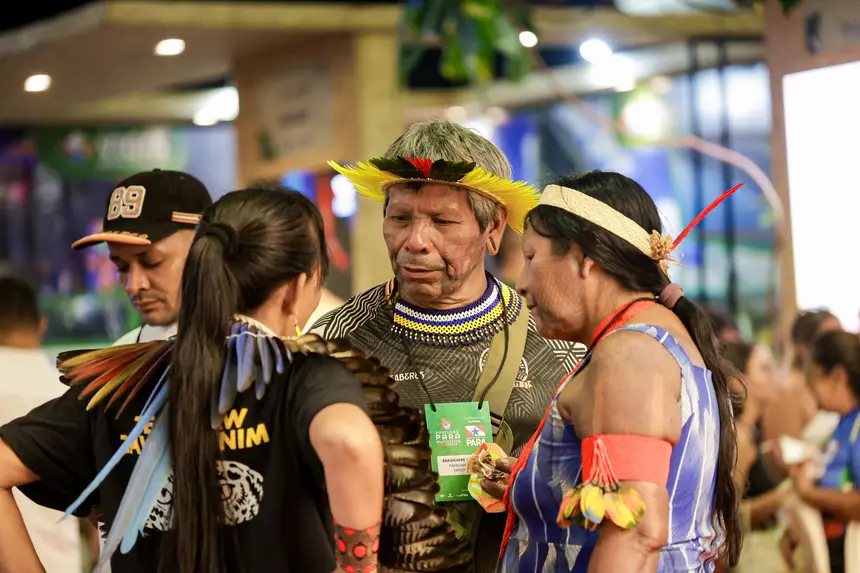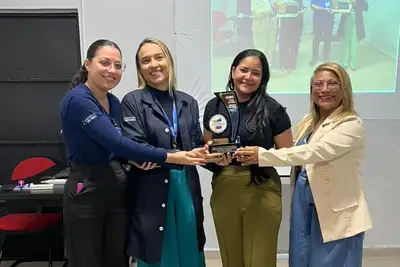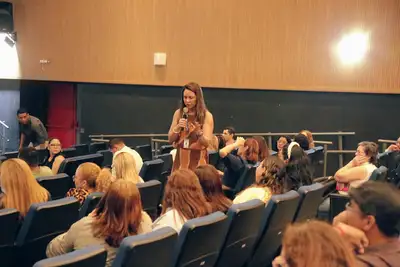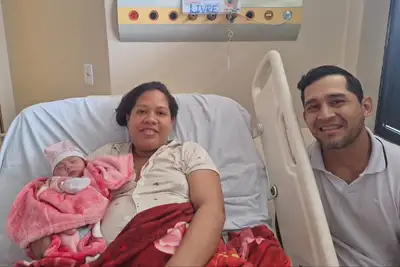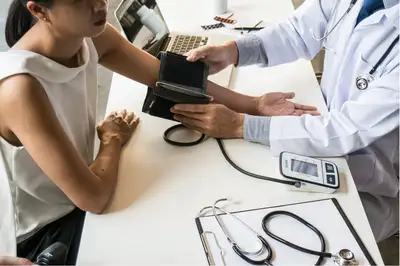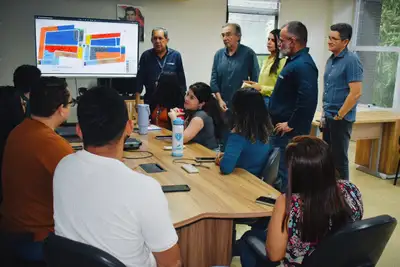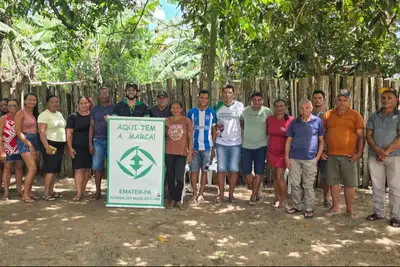Pará Pavilion – Municipalities showcase the culture and economy of all regions of the state
An initiative of the Government of Pará highlights the work of over 80 cities during COP30
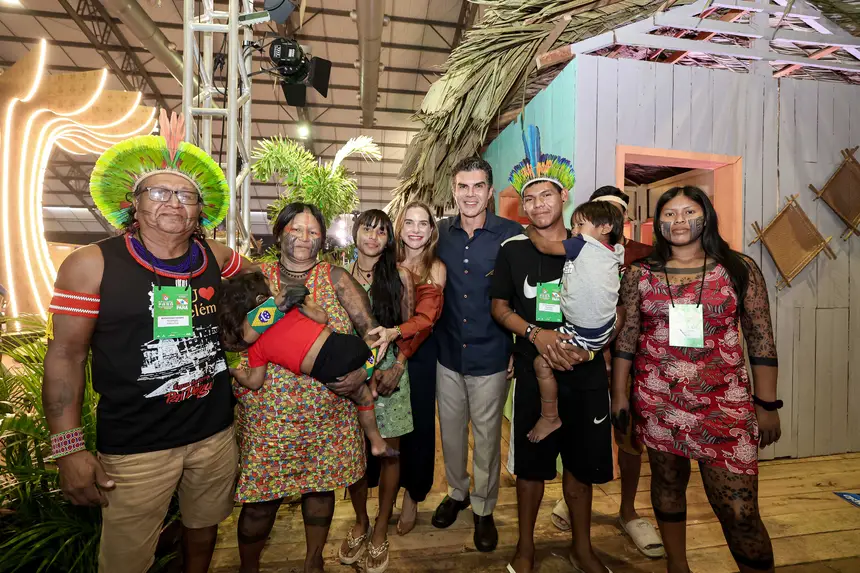
From the production of tucupi to 100% cocoa chocolate, passing through pure bee honey and fruit pulps, Pará presents to the world the potential of the living forest that transforms into economic opportunity in the hands of small entrepreneurs, artisans, and extractivists who, in cooperatives or associations, provide great examples of sustainability.
This is what more than 80 municipalities from Pará show at the Pará Pavilion – Municipalities, initiatives that unite sustainability, opened this Monday (17) by Governor Helder Barbalho and Vice Governor Hana Ghassan, in Belém.
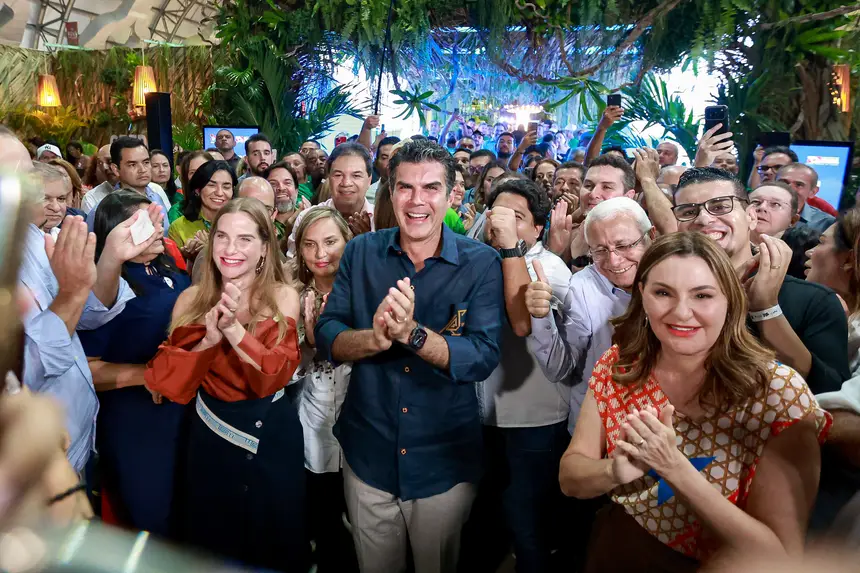
Located at the Centenário Convention Center, on Augusto Montenegro Avenue, the Pavilion offers visitors of COP30 and the general public the opportunity to learn about what each municipality is developing within the sustainability agenda. The space will operate until November 21, from 2 PM to 9 PM, with free entry, no need for registration. A bus line has been created to take visitors for free from the Green Zone, in the City Park, to the Pará Pavilion – Municipalities.
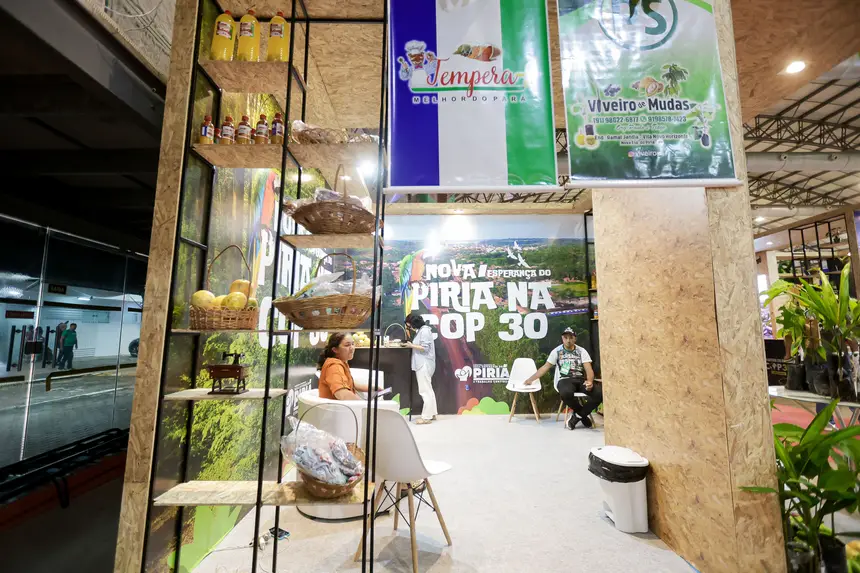
There are more than 80 stands from different municipalities, representing all integration regions of the state. Governor Helder Barbalho highlighted the partnership with the Federal Government and the Federation of Municipal Associations of the State of Pará for the conception of the space. “It is an opportunity for those in Belém to get to know the gastronomy, culture, and a bit of what each municipality in Pará produces. Pará is a diverse state, with distinct realities,” said the governor.
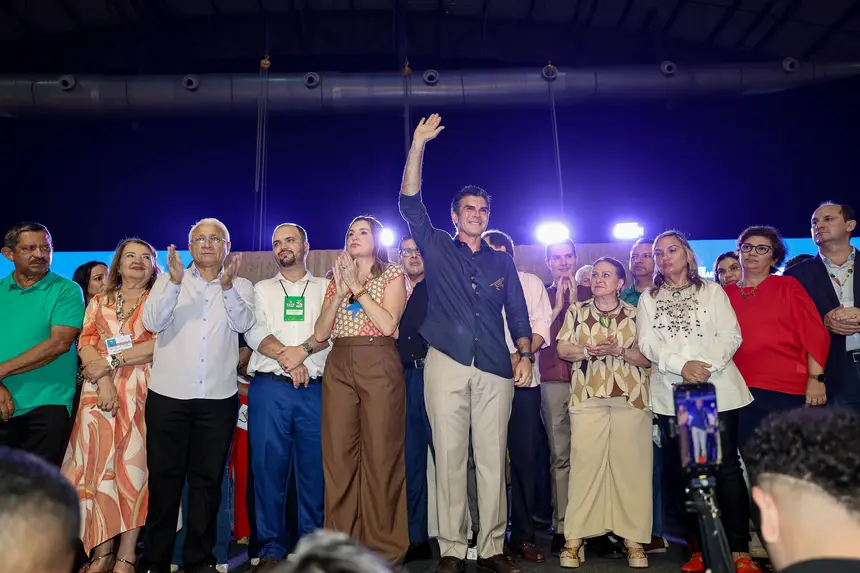
He also emphasized the opportunity to conceive the Pavilion alongside the 30th United Nations Climate Change Conference (COP30). “To be successful, COP30 needs to deliver, and the people of Pará are putting on a show. They are a welcoming and embracing people,” he added.
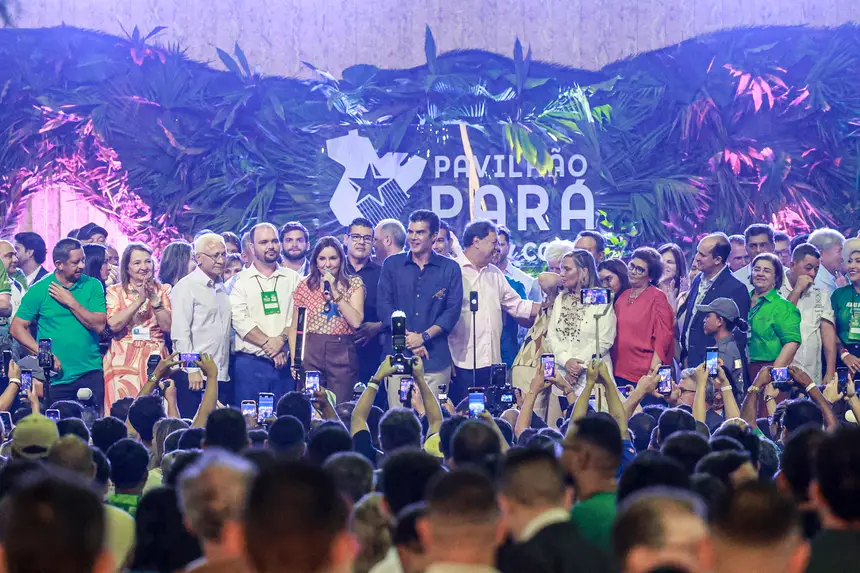
The Vice Governor and Coordinator of the State Committee for COP30, Hana Ghassan, reinforced that the municipalities are responsible for transforming Pará into a state rich in cultural diversity. “We will show the world who we are and what we have. The realization of COP30 is a success thanks to the people of each municipality in Pará,” she said.
The mayor of Belém, Igor Normando, welcomed the participating municipalities, while the president of the Legislative Assembly of Pará (Alepa), Deputy Chicão, congratulated the city halls for their efforts in bringing their initiatives to the international showcase.
Sustainable practices in civil construction - Within the theme of sustainability, the municipality of Vigia presents a brick produced from the reuse of açaí seeds, already used in various civil construction projects, including homes from the Minha Casa, Minha Vida program on Combu Island. “The açaí seed replaces charcoal in brick and ceramic factories. Thus, we avoid deforestation,” explained the project's creator, Paulo Neves.
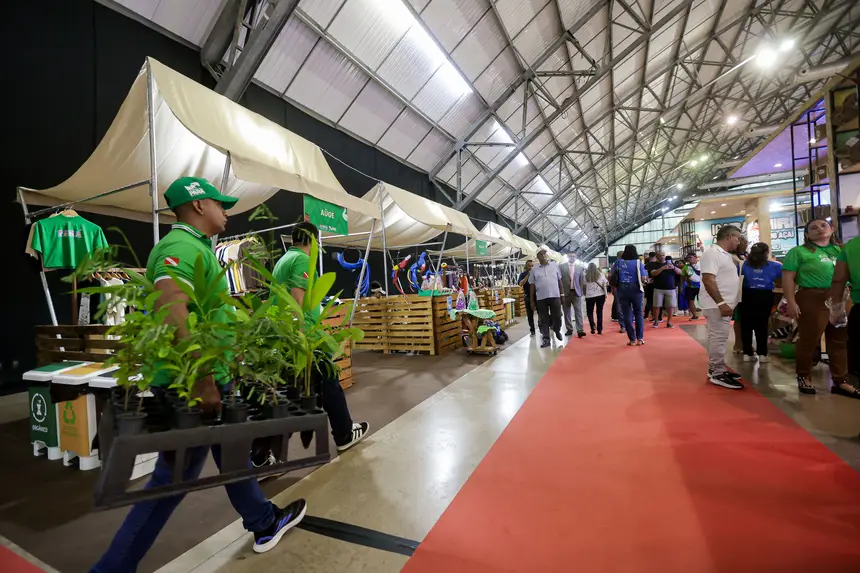
Management Plan - Exhibitor Verônica Preuss brings samples of chocolate produced from a cocoa management plan from Brasil Novo. “The Pará Pavilion – Municipalities is an opportunity for networking while we present our culture. The project I am part of guarantees employment for ten people. We are working to further verticalize production,” she highlighted.
Beekeeping - From Pau D’Arco, in southern Pará, exhibitor Luzia da Silva presents the work of a cooperative that brings together beekeepers and family farmers. The group produces pure bee honey and derivatives, such as breads and natural medicines. “Our municipality has eight thousand inhabitants and we are engaged in bioeconomy initiatives. It is a work that has been growing and helping various families,” she stated.
Manioc - The production chain of manioc is present among the stands, with initiatives ranging from flour to tucupi. In Vigia, Jucilene Pinheiro works in the extraction of tucupi. “We produce 1,200 liters per month to supply Vigia and nearby cities. There are three of us in the cultivation and we do not use pesticides. We work with natural, organic products,” she informed.
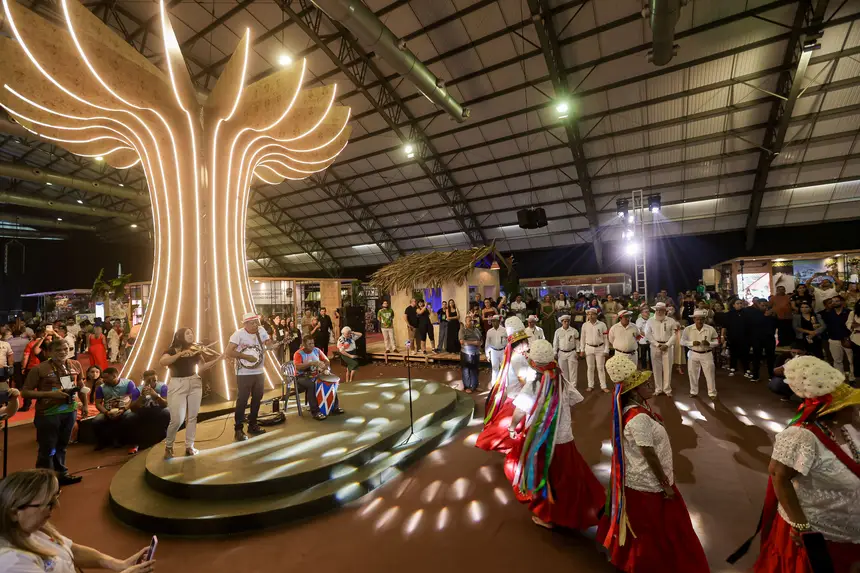
Cultural programming - The Pará Pavilion – Municipalities also features an extensive cultural program. At the official opening of the space, the audience enjoyed performances from Marujada, the Carlos Gomes Choir, and the Cortejo do Boi de Máscaras Vaca Velha from São Caetano de Odivelas.


